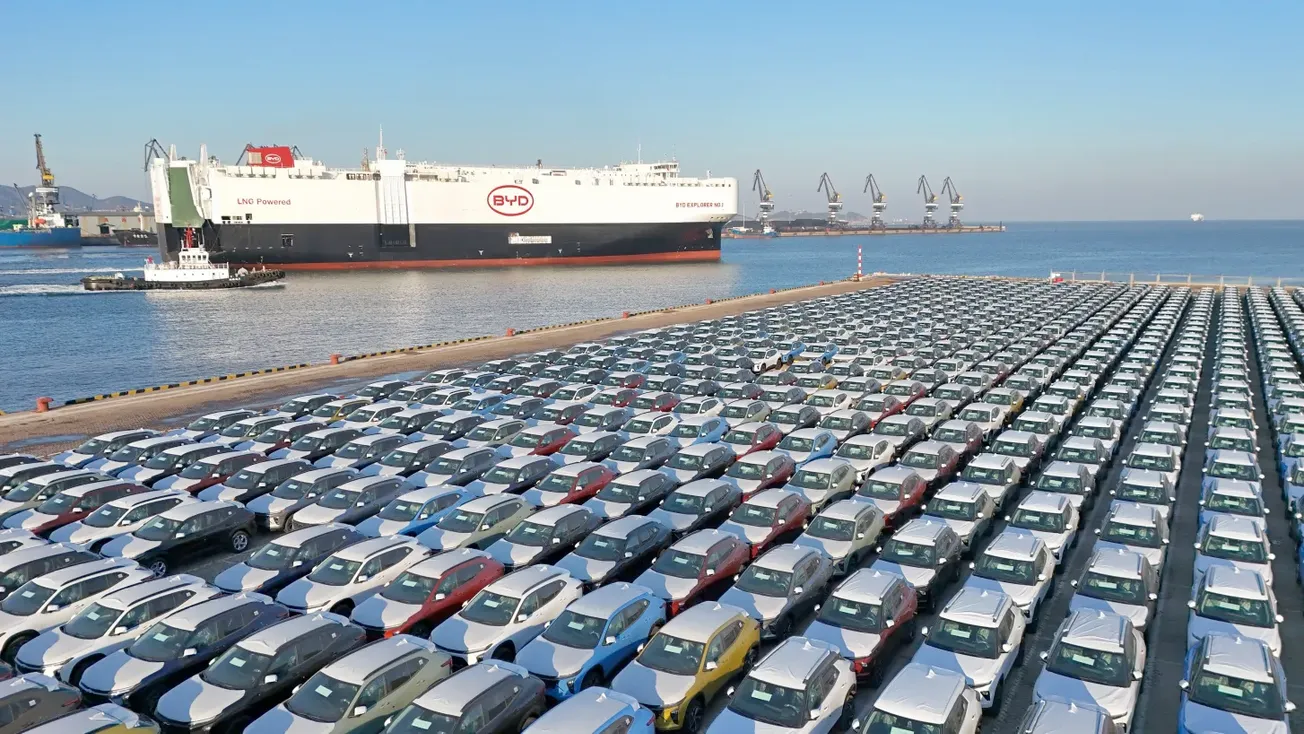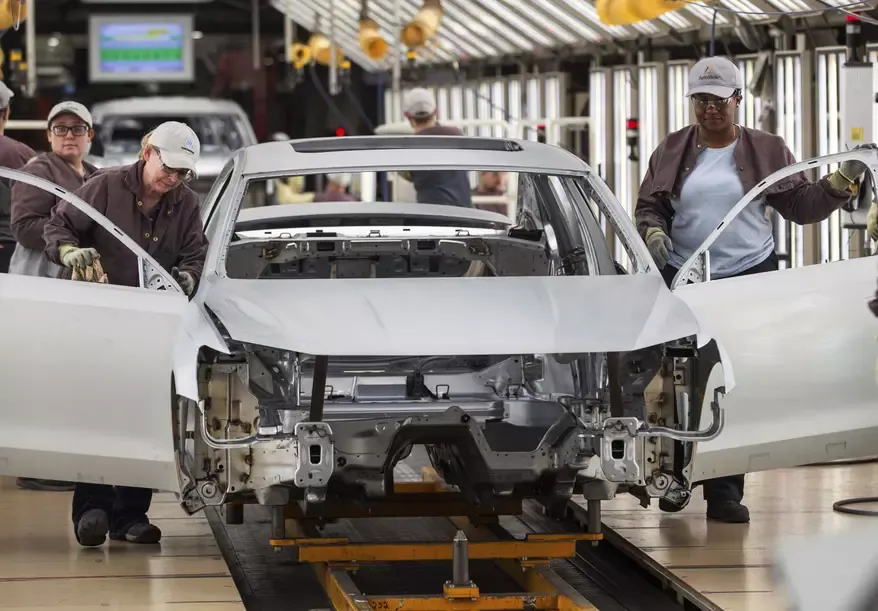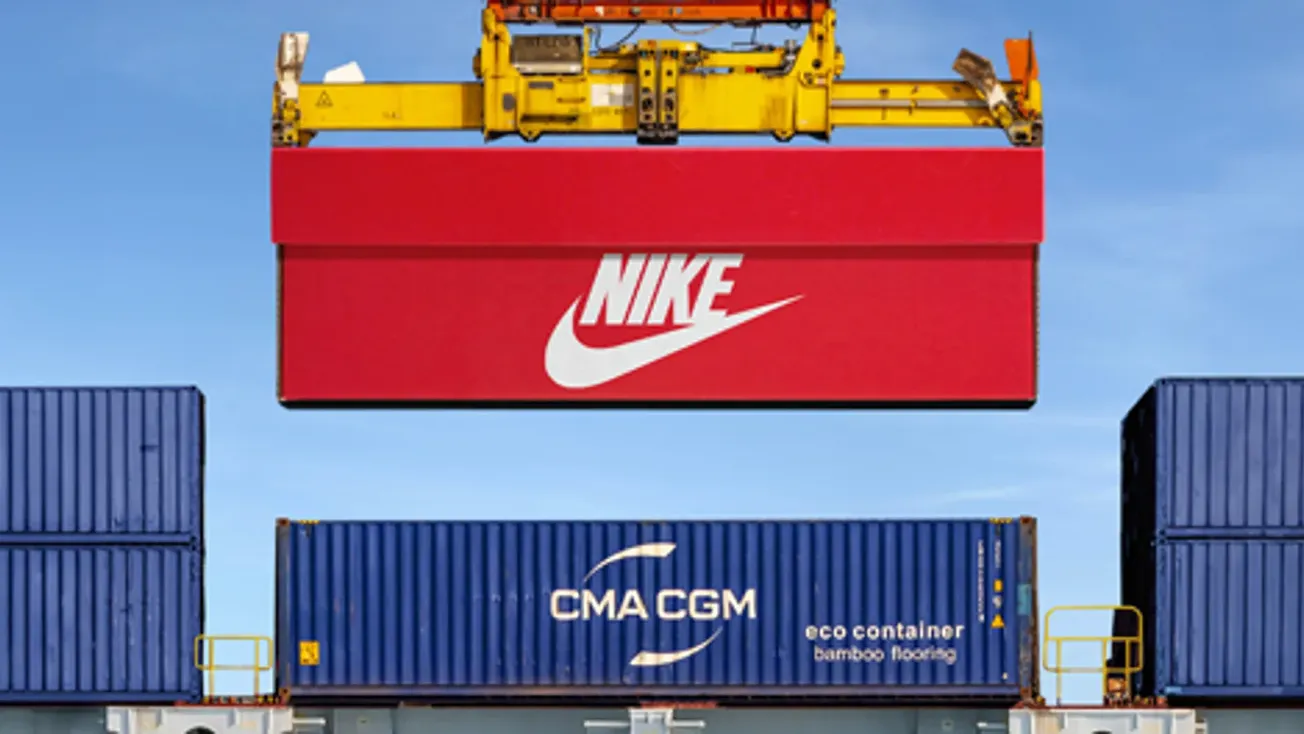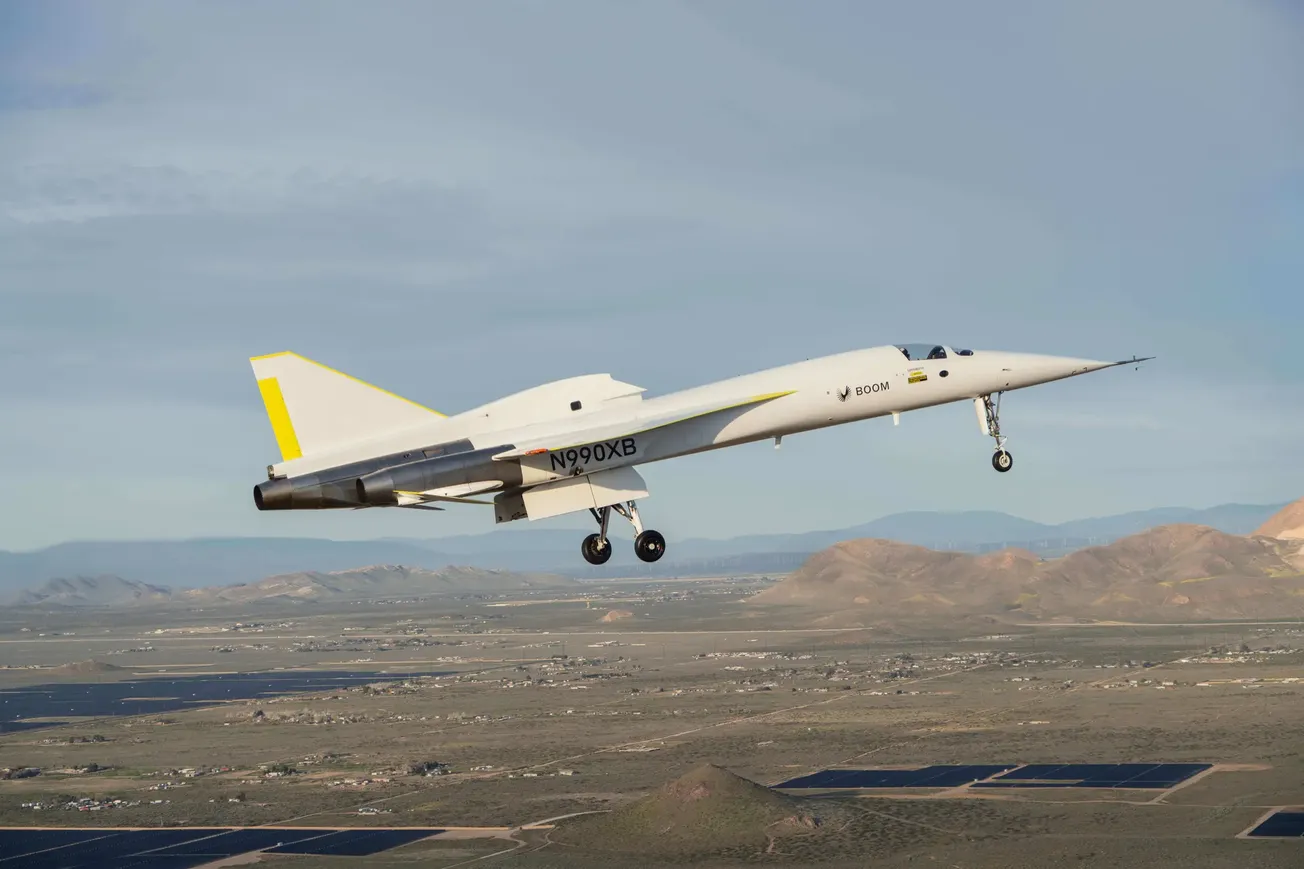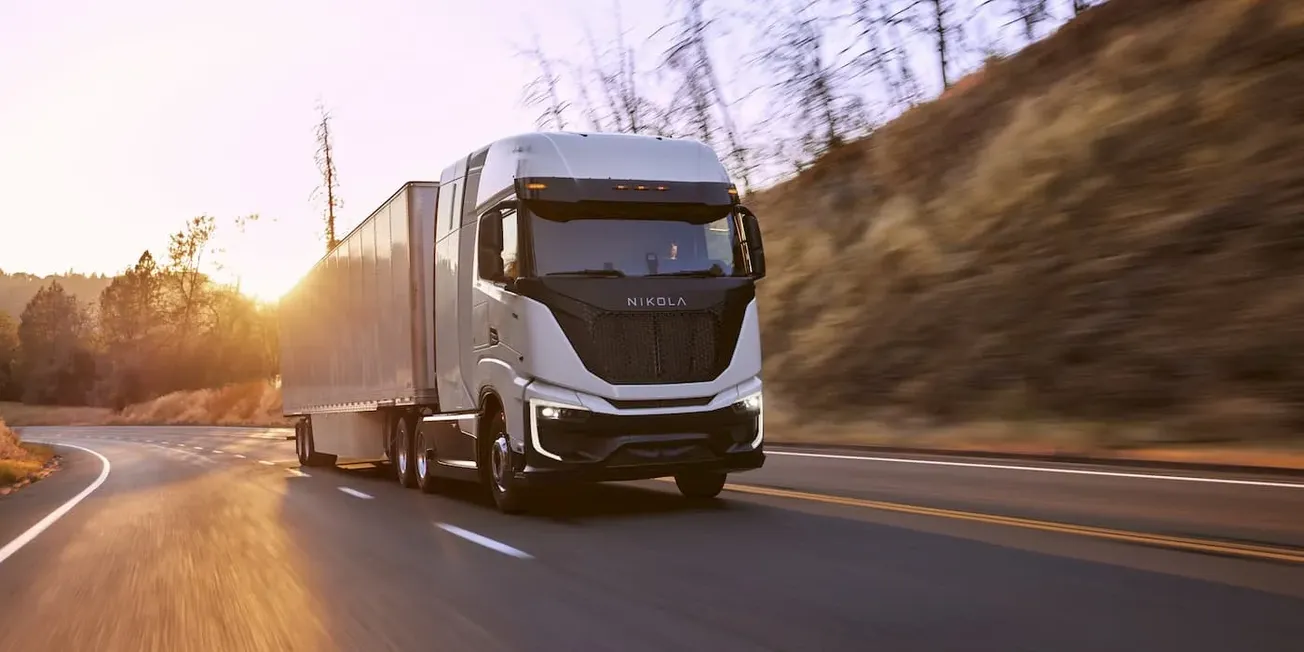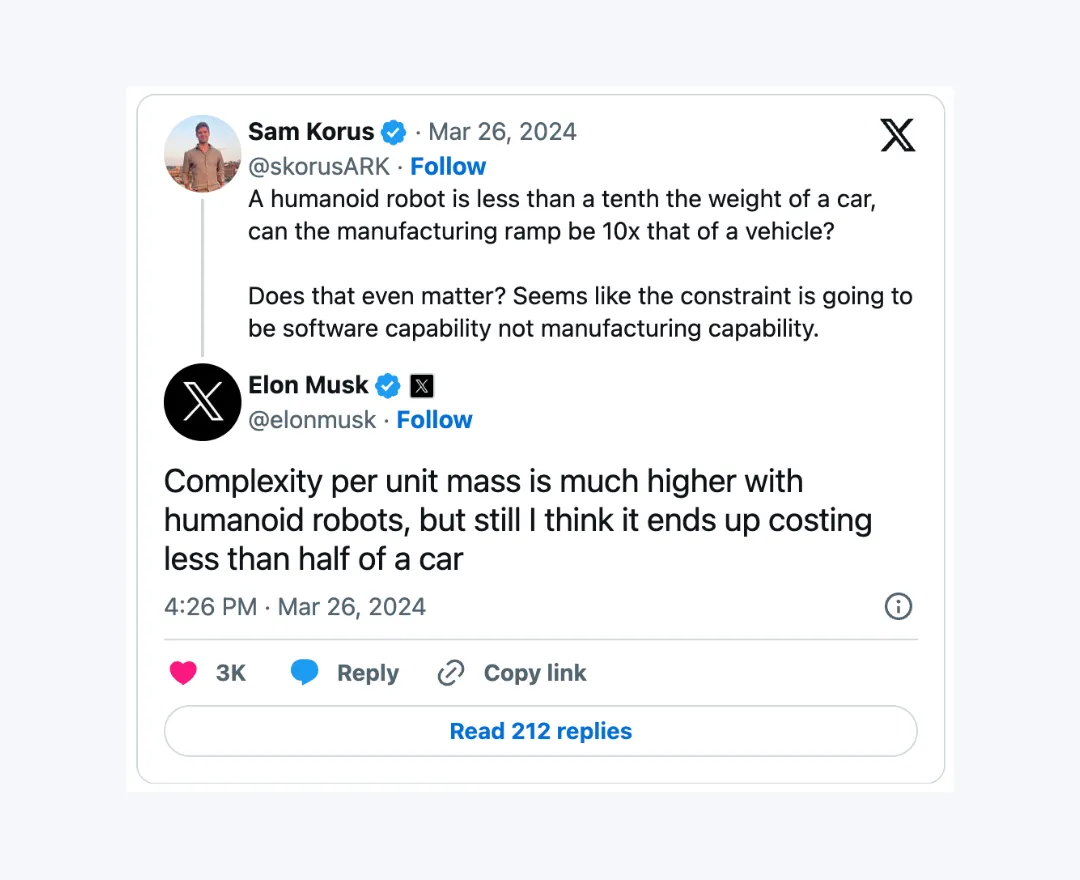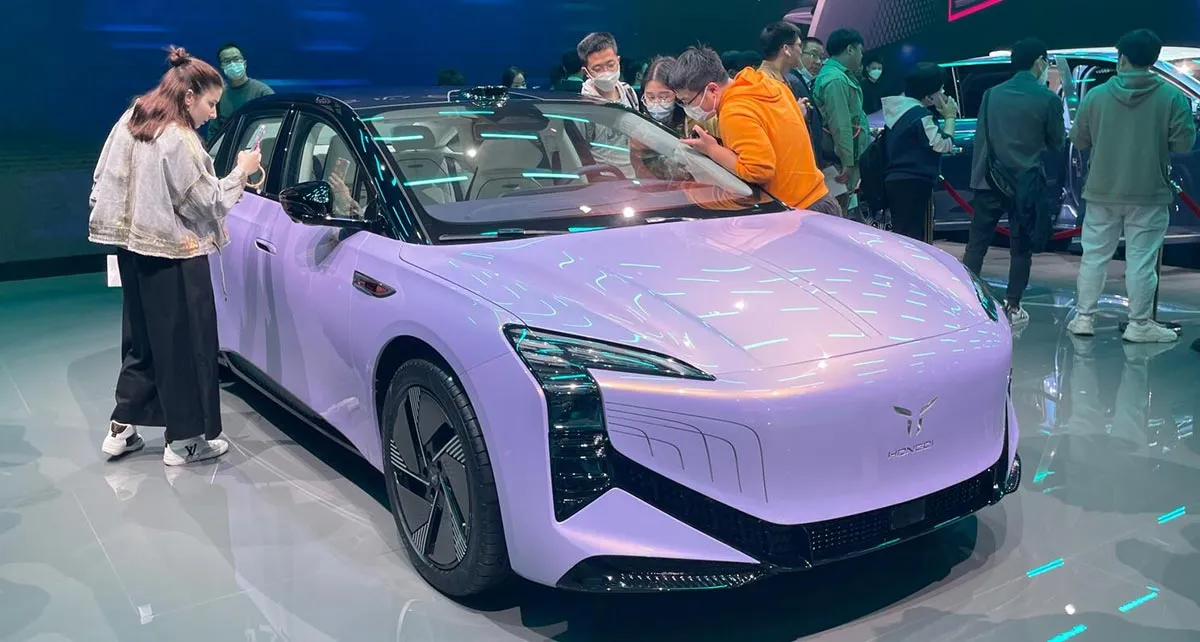Table of Contents
Chinese electric vehicle makers have become so popular abroad that they now need their own shipping fleet to meet demand.
Later this month, Chinese EV giant BYD will see its first own roll-on/roll-off (RORO) vessel, the BYD Explorer No. 1, dock at ports in the Netherlands and Germany. Having left southern China in mid-January, the 200-meter ship is taking the route via the Cape of Good Hope, carrying more than 5,000 EVs.
- Why it matters: This marks a pioneering move for both BYD and the growing Chinese EV sector, which has been constrained by global auto shipping capacity.
Here’s the backdrop: China’s emergence as the world’s top auto exporter last year, with a record 4.91 million vehicles shipped globally, has intensified competition for RORO ships. But the availability of these ships have reduced over the last few years with many old vessels going out of service and new orders failing to bridge the gap.
- Legacy automakers like Toyota and Nissan benefit from long-term agreements with shipping firms that carry their cars, but China’s export industry is still in its youth and access to RORO ships have become prohibitively expensive for them.
- According to Clarksons Research, the daily charter rate for a RORO ship hit $115,000 in 2023, nearly sevenfold the pre-pandemic average of $17,000 in 2019.
Not ones to sit idle… the Chinese auto companies have decided to solve the problem themselves by launching their own ships. Besides BYD, SAIC Motor, a Chinese state-owned company that exported 1.2 million vehicles in 2023, also launched its first ship in January, and many other automakers are planning to follow suit.

